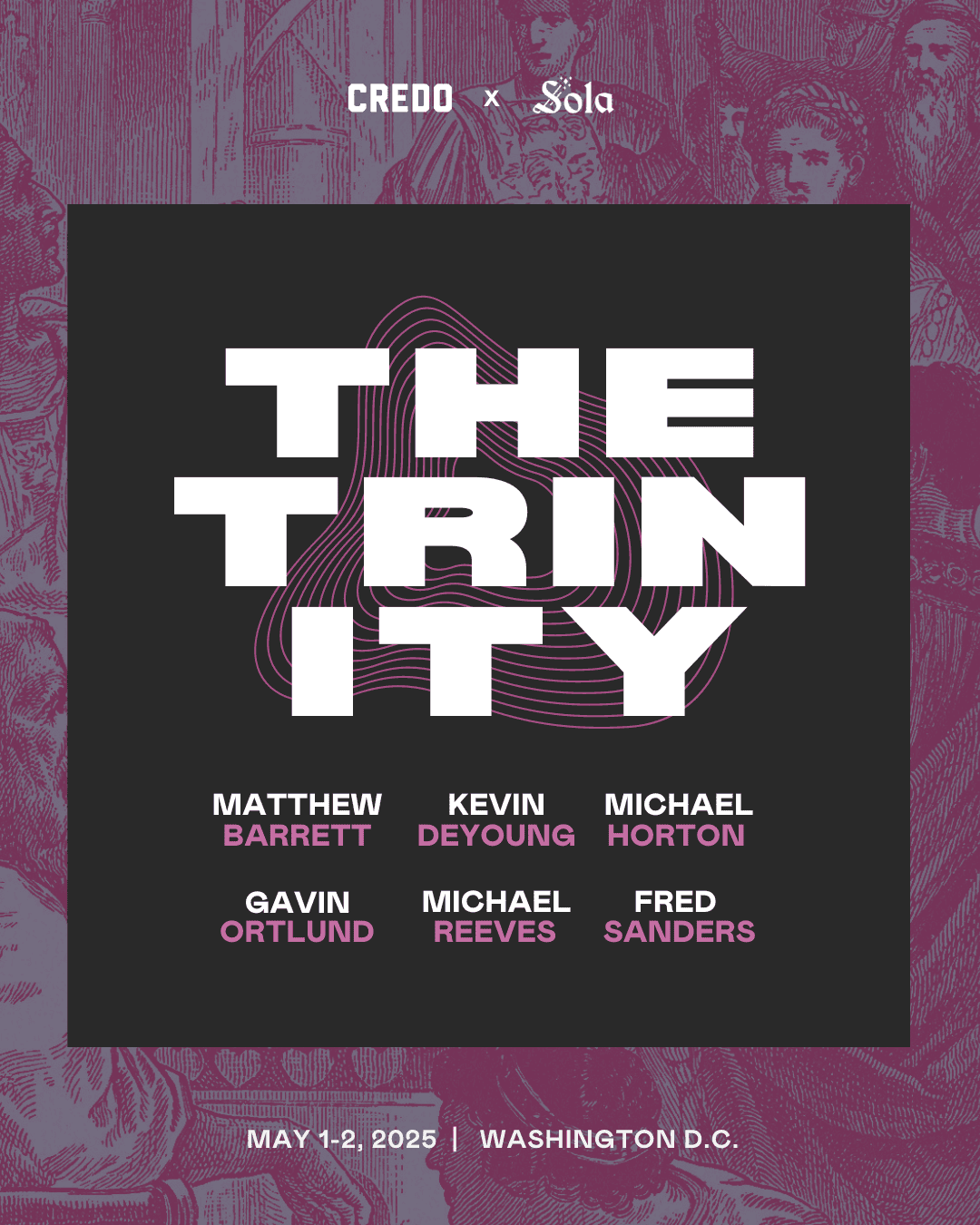
The Lord is Good
Goodness is pre-eminent with respect to God. God is goodness itself. Goodness is not only in him but, astonishingly, what he is. When we read, sing, and meditate upon the Psalms, we are confronted with a plethora of references to God’s goodness. One of the most arresting is Psalm 119:68: “You are good and do good; teach me your statutes.” Three words from this extraordinary verse are ripe for contemplation: “are,” “do,” and “teach.”
A few years ago I published a study of these words and the theological themes they encapsulate. It appeared in 2018 as The Lord is Good: Seeking the God of the Psalter (IVP Academic). I considered the metaphysics of goodness; the acts of goodness; and how God’s statutes form us in his goodness. My principal conversation partner in that exploration was Thomas. His Psalms commentary, though difficult and dense, is something of a neglected treasure. Thomas’s conviction is that “there is nothing better than God.” As a result of writing that book, I came to agree with Thomas. The Lord is good. God’s goodness is identical to God, commensurate with God. Goodness is in God and is God himself. Goodness is in God and is God himself. Share on X
You Are Good
This is but another way to draw attention to God’s simplicity. Rather than goodness being a ‘part’ of God, goodness just is God. God is not good in relationship to anyone or anything else. God experiences neither increase nor decrease in goodness. His goodness is absolutely uncreated. As with his other attributes or names, for example, love, goodness is intrinsic to the one divine essence itself, an essence common to the Father, Son, and Spirit. Just so, Scripture discourages us from thinking that goodness is most especially said of one of the three. God the Father is good, God the Son and Spirit too, not three goodnesses but one.
This insight is illuminated by Augustine. He writes in Book V of The Trinity about how Scripture sometimes refers things to God “substance-wise” while at other times “relationship-wise.” This distinction is key. It helps us understand how God’s names of which goodness is pre-eminent are said of God in a substantial or essential sense. When we say that the Father is the begetter and the Son the one begotten or born, we are speaking in a relational register. The one essence common to the three neither begets nor is begotten. These descriptions work on a relational level: The Father as begetter refers to the one eternally born of him, the Son. Scripture promotes this twofold register. Accordingly, goodness is true of God essentially. His goodness, the goodness common to the three, is not a goodness in which God participates. God does not participate in some greater thing called goodness. The one God just is good, Father, Son, and Spirit.
You Do Good
God does good. The principle of action, of all that God does, is God’s essence, which is essentially good. As a result, God creates that which is good. The world that God speaks into being is good, and its goodness is of God. Created things enjoy a relation to God that is participated. This simply means that their relation to their Creator is structured along participatory lines. Though the Lord God our Maker does not share in our creatureliness, we creatures do share in him. The good that is existence has its principle in God who is existence itself. And God’s goodness is inherently communicative. God who is supremely good creates that which has its goodness only in relation to him. God's acts do not make God good but instead communicate goodness. Share on X
Considering this further, we see why God cannot create anything bad, to say nothing of evil. God creates things in such a way that their ongoing existence is in him. Things really exist in relation to God. Evil, sin, death, and the devil are thus abstentions from good. The devil’s agency is utterly perverse. What he seeks—autonomy—he cannot have. Nothing can be without God. Evil is, yes, a corruption of the good, and in its very corruption it exercises an agency that is entirely against the grain of the universe.
Our Psalm compels us to see that all that God does expresses the goodness proper to the one essence of God common to the three persons. God’s acts do not make God good but instead communicate goodness. They are the means by which we share in his goodness culminating in the perfection to which Christ calls us. To grow in Christ, as indeed we must, is the blessing of the Christian. Those who do good, as Christ does and live in his love thus imitate the goodness proper to God. Those who imitate what is good and do good are from God.
You Teach Us Goodness
Herein we begin to see how God’s goodness has moral consequences. How do we become good, recognizing of course that no one is good in an absolute sense but God alone? God gives us his statutes, his law as expressed in the Ten Commandments and summarized in Matthew 22:34-40. His law is good, because nothing he creates is bad, and what he creates has directionality, purpose. It moves us towards him. In doing good, we become better.
The law, fulfilled as it is in Christ, is what we must be taught. It is not inherent to us but rather must be received from God himself. It takes eternity to be still and know that the Lord is good. God in his great goodness gives us the law in order that we might not simply know him but love him. The fruit of that love is sight. Purity of heart is the means by which we see the one of whom Thomas says “there is nothing better.” The law provides moral instruction, and that instruction has an end, namely God. “Be perfect, therefore, as your heavenly Father is perfect” (Matt 5:48).
It would be all too easy, I think, to bypass the goodness of God. I would urge you to see that it has a biblical density beyond all other names or attributes. It also shapes us in such a way that we join with Jesus in saying “There is only one who is good” (Matt 19:17).
For more on God’s goodness, be sure to listen to this recent episode of the Credo Podcast!
Where is God’s Goodness in a Hell-bent World? Christopher Holmes and Matthew Barrett

